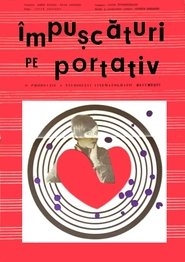detail profile szabolcs cseh
Peran Yang Di Mainkan Szabolcs Cseh
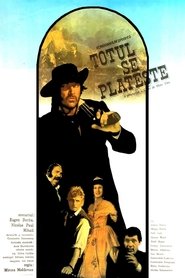 Margelatu discovers and annihilates a plot...
Margelatu discovers and annihilates a plot...Everything is Paid 1987
Margelatu discovers and annihilates a plot by the Austrians by infiltrating the Fratia organization with a fake envoy of the French revolutionary Alphonse de Lamartine
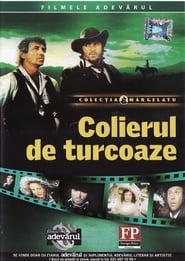 The kidnapping of a Viennese banker...
The kidnapping of a Viennese banker...The Turquoise Necklace 1986
The kidnapping of a Viennese banker and his daughter threatens to trigger a diplomatic scandal, which could result in the entry of Austrian armies into the country. Margelatu thwarts this attempt and clears up the story.
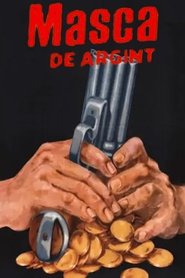 Agatha Slatineanu together with the alleged...
Agatha Slatineanu together with the alleged...The Silver Mask 1985
Agatha Slatineanu, together with the alleged banker Troianoff, rob the boyar Valcu of a treasure collected in order to buy the throne. However, the gold is recovered by Margelatu for the benefit of the "Brotherhood".
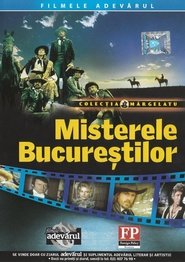 The Principality of Wallachia with the...
The Principality of Wallachia with the...The Mysteries of Bucharest 1983
The Principality of Wallachia with the capital Bucharest (today a region of Romania) before the Revolution of the year 1848. A couple of secret societies are working to chase away the Prince Gheorge Bibescu from his throne, arms are transported on secret ways, preparing the first popular revolts in Bucharest, as the first act of the Revolution of 1848, which revolution is the first impulse of the later act of the Union of the Wallachia with Moldova (Romanian United Principalities in 1862, Kingdom of Romania in 1881 and Kingdom of Greater Romania 1918, with Transylvania, Bukovina and Bessarabia).
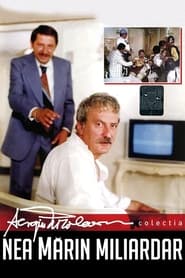 At a swanky hotel in a...
At a swanky hotel in a...Uncle Marin, the Billionaire 1979
At a swanky hotel in a Black Sea resort, Gogu, one of the hotel employees, meets his uncle Marin, an Oltenian peasant who has come to visit. Gogu says he can sneak Marin into the hotel, as one of the rooms is empty awaiting the arrival of an American billionaire, Mr. Juvett. Marin is amazed by the revealing clothing worn by women at the resort, while the hotel guests are fascinated by his quaint peasant costume. In the hotel room, Marin is perplexed by the various gadgets. Meanwhile, the gangsters learn that Juvett has arrived at the hotel. Juvett is the father of the kidnapped girl, and is coming to pass over a million dollar ransom. A rival gang, who know about the kidnapping, plan to take the ransom for themselves. They follow Marin, believing him to be Juvett.
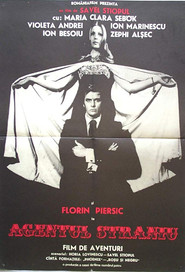 This is a thriller based on...
This is a thriller based on...Strange Agent 1974
This is a thriller based on a theatre play by Horia Lovinescu - „Omul care şi-a pierdut omenia” (The Man Who Lost His Humanity)
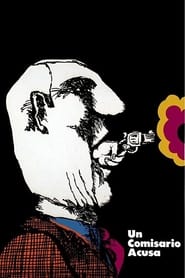 The Iron Guard also known as...
The Iron Guard also known as...A Police Inspector Calls 1974
The Iron Guard, also known as Legion of Archangel Michael, was a Romanian nationalist and patriotic movement of extreme right; as such, after it rose to power, it supported Nazi Germany and started a fierce campaign of retaliation against its political enemies. As such, in the night of November 26-27, 1940, the Death Teams executed forty political prisoners in the Jilava prison (in the movie, named "Viraga"), and next day, other two Teams arrested and shot the former minister Virgil Madgearu and the world famous historian Nicolae Iorga. To squash down the political outcry, the Police Prefect Stefan Zävoianu conveniently assigns the cases to a commissioner from the "Morals Division" (prostitution, thieves), Tudor Moldovan, hoping that he will fail to get to the bottom of the case. However, Moldovan has communist sympathies, so he quickly comes under the influence of the Bolshevik Pîrvu, who had escaped during the Viraga...
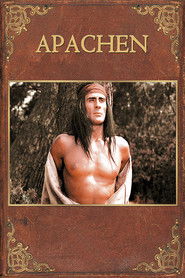 The story of Ulzana an Apache...
The story of Ulzana an Apache...Apache 1973
The story of Ulzana, an Apache chief who has reached a rapprochement with the local Mexican population and generously extends it to whites who travel through the territory. His people have become inured to the treacherous ways of the white man, however, and are now reliant on them for booze, 'relief flour' and beef steak.
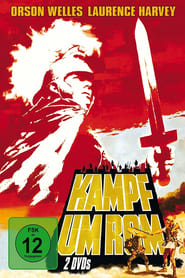 The devious general Cethegus plays the...
The devious general Cethegus plays the...The Fight for Rome II - The Betrayal 1969
The devious general Cethegus plays the Byzantine and Gothic forces against each other for his own gain.
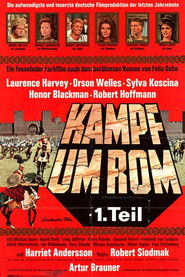 A Roman noble Cethegus tries to...
A Roman noble Cethegus tries to...The Fight for Rome 1968
A Roman noble, Cethegus, tries to start a war, setting the Ostrogoths and their Queen, Amalasuntha, against the Byzantine Emperor Justinian; Cethegus wants to swoop in after they have destroyed each other and create a new Roman Empire from their combined kingdoms; however, he does not factor into his plans the vagaries of love and the personal integrity of the people in both kingdoms.
 The great King of Dacia Decebal...
The great King of Dacia Decebal...The Dacians 1967
The great King of Dacia, Decebal (Decebalus), is disposed to make the ultimate sacrifice in order to keep the integrity of his people. His own son, Cotyso, is given to the god Zamolxis to the dismay of the King and his daughter Meda. Septimius Severus, a young Roman devoted to his adopted country, must make the choice between his blood origins and the culture he was introduced to.

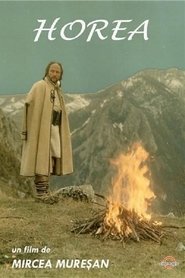 Cinematic evocation of the Horea Cloca...
Cinematic evocation of the Horea Cloca... After the death of his wife...
After the death of his wife...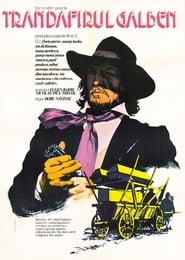 The second movie in the Margelatu...
The second movie in the Margelatu...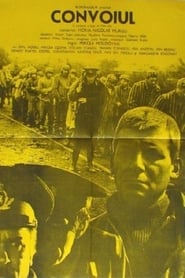
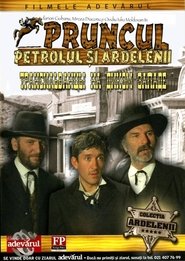
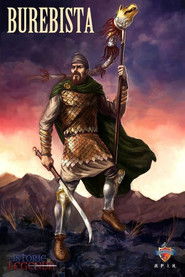 The life of Dacian warleader Burebista...
The life of Dacian warleader Burebista...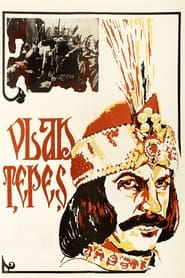 Vlad epe otherwise known as Vlad...
Vlad epe otherwise known as Vlad...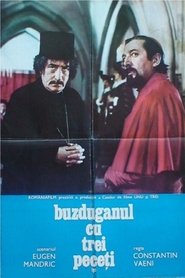 At the end of the 16th...
At the end of the 16th...